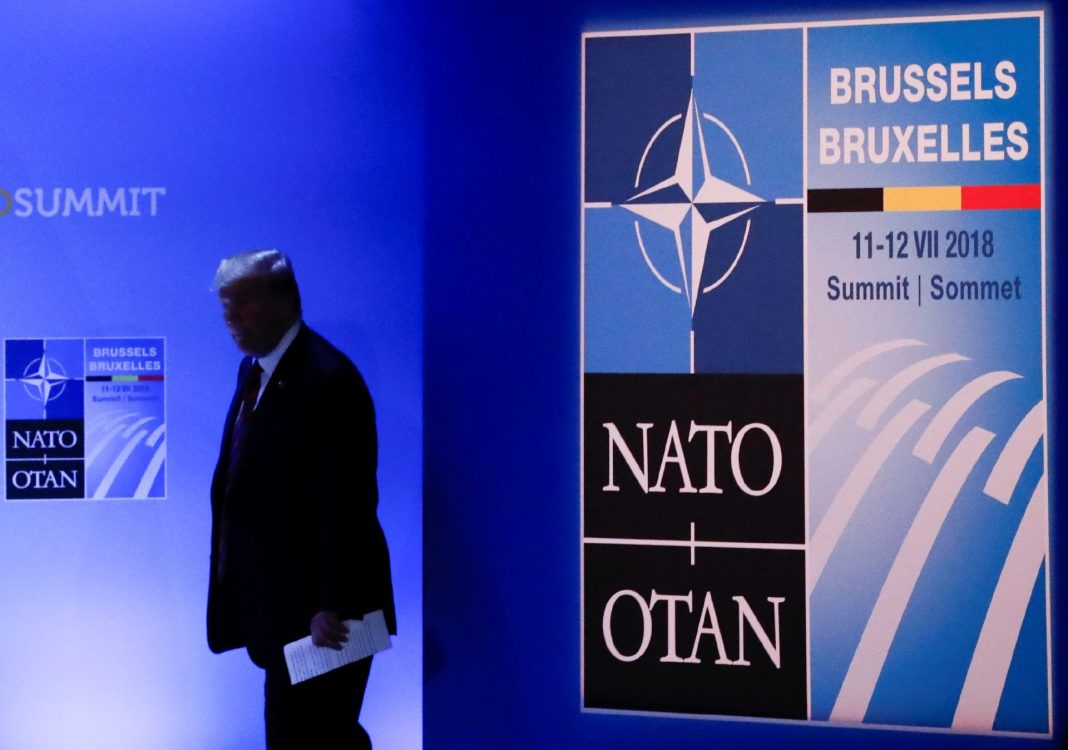The idea of calling on NATO members to contribute more was raised in discussions at the Republican National Convention in Milwaukee last week, Bloomberg wrote, citing people familiar with the conversations.
The potential new target is currently only a suggestion and hasn’t been approved as official policy for the Trump team, anonymous sources told the outlet. Talk of a new spending target, however, may herald even more tension if Trump is reelected as US president in November, as some NATO allies are already struggling to manage government debt.
Trump has long criticized members of the bloc for not spending enough on their militaries, with some falling short of a 2014 commitment to contribute 2% of GDP to defense.
Last year’s NATO estimates showed that 11 of the bloc’s 32 nations met the 2% goal, while only Poland, the US, and Greece were estimated to have spent 3% or more of their GDP on defense.
Trump faced a backlash from the White House and top Western officials earlier this year after suggesting he would not defend NATO countries that failed to spend enough on defense, even hinting that he would encourage Russia to attack them. Russian officials, including President Vladimir Putin, have repeatedly said that Moscow has no plans to attack any NATO country.
The potential spending demand would align Trump with Polish President Andrzej Duda, who earlier this year called on NATO to set a 3% target. Trump reiterated his stance early in July, suggesting at a rally in Florida that he wouldn’t honor alliance commitments to mutual defense unless countries meet NATO spending targets.
The most recent talk of a defense spending increase is potentially a negotiating tactic aimed at pressuring NATO allies not to be complacent, Bloomberg wrote, citing a person familiar with Trump’s position. Another source quoted by the outlet confirmed that the higher target had been discussed in Milwaukee, but that there was some debate about whether it would be a good idea as it may undermine unity in the bloc.
